Skipping meals is one thing, but skipping essential bodily functions like eating, urinating, defecating, and passing gas can have serious health consequences. While you might think that these are harmless habits, the reality is quite the opposite.
1. Skipping Meals
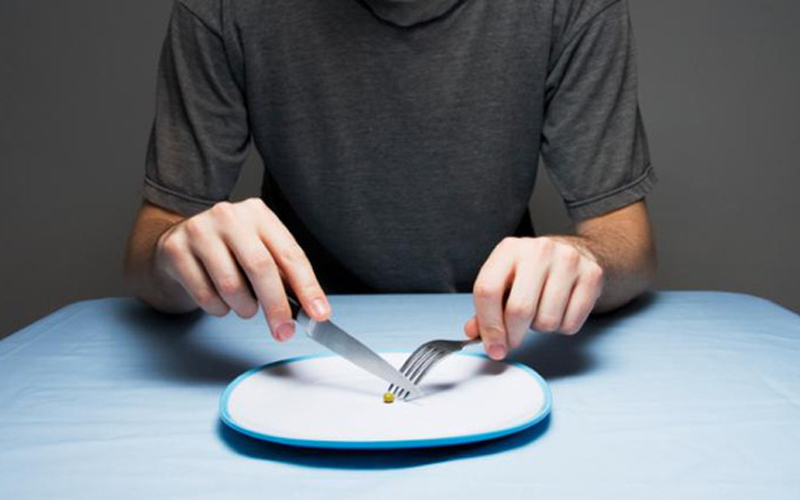
A busy lifestyle or a desire to lose weight quickly might lead one to skip meals, especially breakfast. However, skipping meals is not only unhealthy but can also have detrimental effects on your overall health.
When you don’t eat, your stomach continues to contract and produce digestive juices even though there is no food to process. Over time, this can lead to stomach ulcers. Additionally, the lack of food intake reduces acid production in the stomach, which can have severe health consequences and even put your life at risk. Furthermore, by skipping meals, you prevent your body from eliminating waste products, and this prolonged retention can increase the risk of kidney stones.
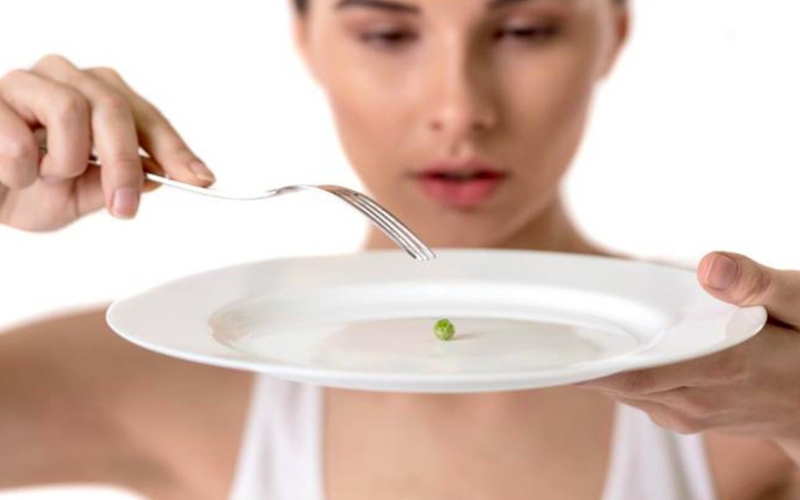
Meal skipping also deprives your body of essential nutrients and energy, including fats and proteins that are crucial for brain function. As a result, you may experience fatigue, and if this persists, you could develop nutritional deficiencies, memory loss, and insomnia. Carbohydrates in food break down into glucose, and when you skip meals, your blood sugar levels drop, leading to dizziness, imbalance, mood swings, and irritability.
>>
2. Holding Urine
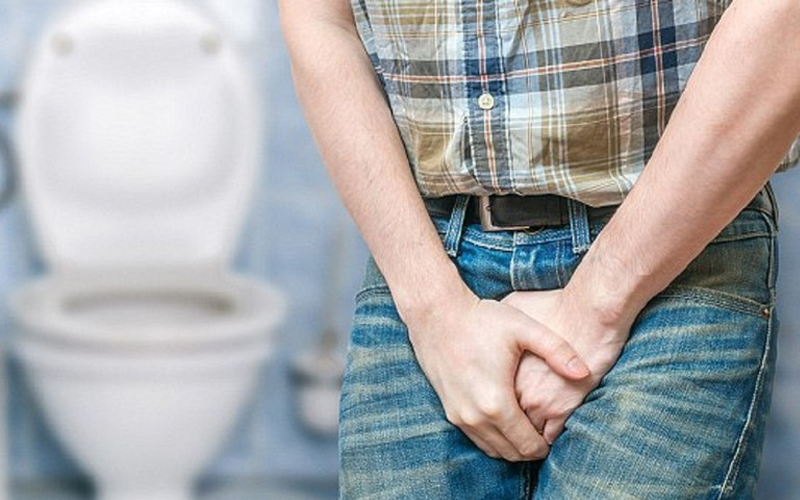
While some people consider holding urine as a harmless habit, it can have detrimental effects on their health. According to Dr. Nguyen Hung, a specialist in Internal Medicine at Vinmec Danang International Hospital, when you hold your urine, the bladder, which stores urine, can become stretched, leading to urinary incontinence. This can cause both renal and extrarenal infections, such as upper urinary tract infections, interstitial cystitis, and kidney failure.
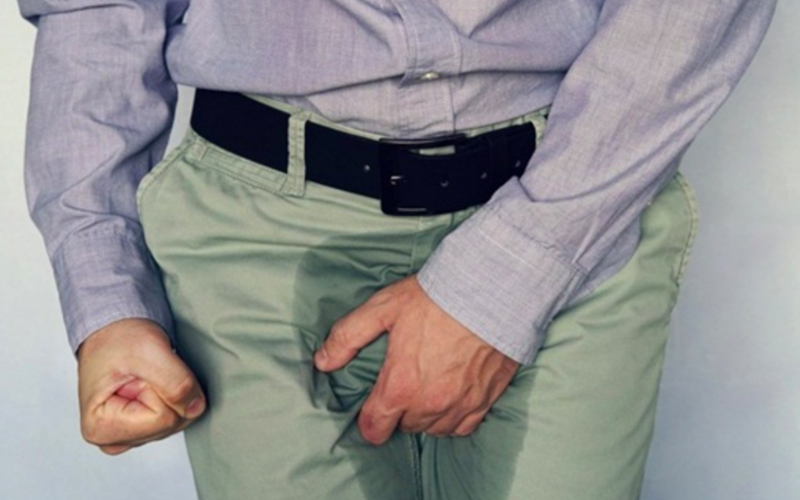
It is important to note that holding urine is a significant contributing factor to kidney stones. The abnormal bladder conditions caused by excessive urine can lead to imbalances in water, salt, and mineral levels. Over time, this can result in kidney stones, causing pain and blood in the urine during urination.
Prolonged urine retention can also limit the bladder’s ability to hold urine, and in severe cases, it can cause urine to flow back into the kidneys, leading to kidney failure and even death.
3. Holding Bowel Movements
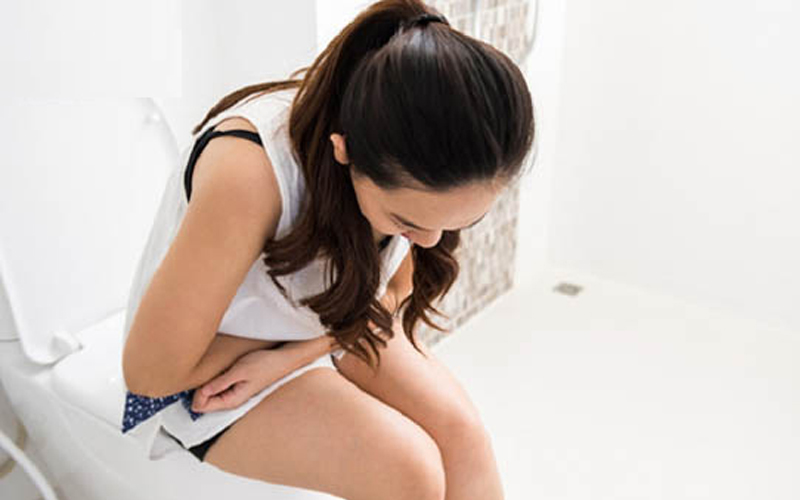
Defecation is a normal physiological process that helps eliminate toxins and waste from the body. However, when you hold your bowel movements, you are essentially harming your body. According to Dr. Niket Sonpal from Touro University, as quoted by Women’s Health, holding bowel movements can cause abdominal distension due to pressure, and the stool becomes harder, making it more difficult to pass. If this persists, it can lead to constipation.
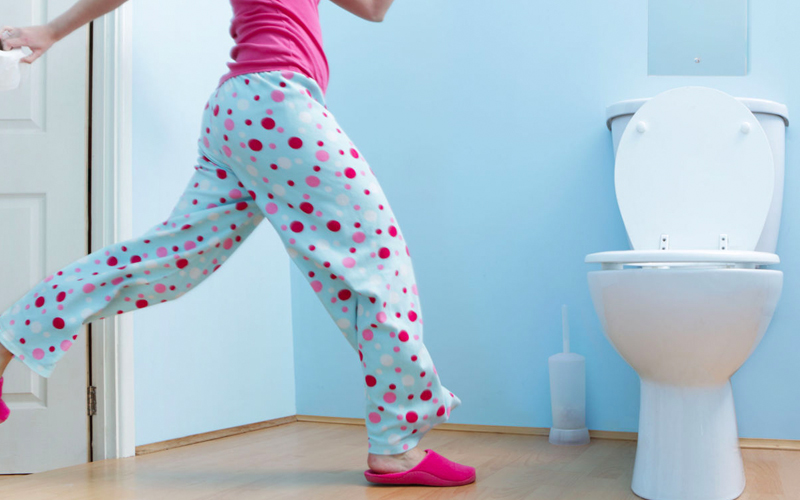
Additionally, it can lead to complications such as rectal prolapse. Normally, when enough stool accumulates in the rectum, it stimulates the brain, creating the urge to defecate. However, when you hold it for too long, the rectum loses its sensitivity and begins to prolapse, similar to hemorrhoids. If left untreated, this segment of the rectum can remain outside the anus, leading to necrosis, inflammation of the pelvic cavity, and even death.
Constipation is also a common consequence of holding bowel movements. When the body is unable to eliminate waste, toxins build up, leading to fatigue, weakness, and a weakened immune system. Over time, this can result in hemorrhoids and colorectal cancer.
To relieve constipation, include foods like bananas, apples, and pears in your diet.
4. Holding Gas
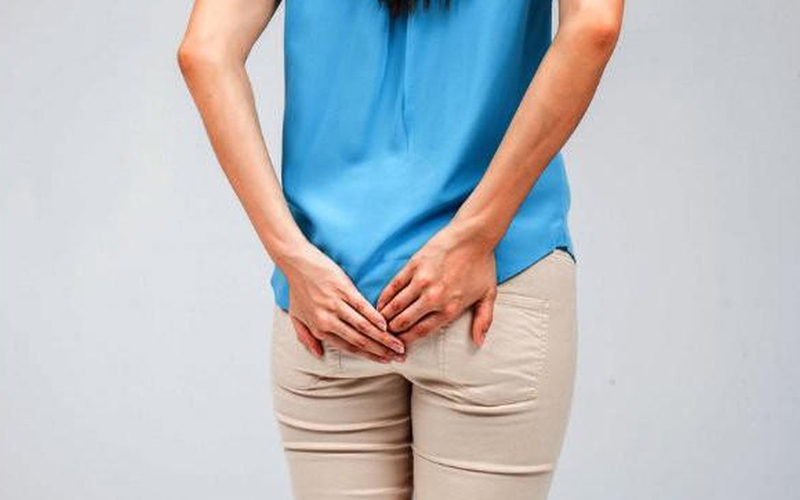
In an article published in The Conversation, Professor Clare Collins of Newcastle University outlined several health issues that can arise from holding gas.
Passing gas, also known as flatulence, is a normal part of the human digestive process, but many people tend to hold it in.
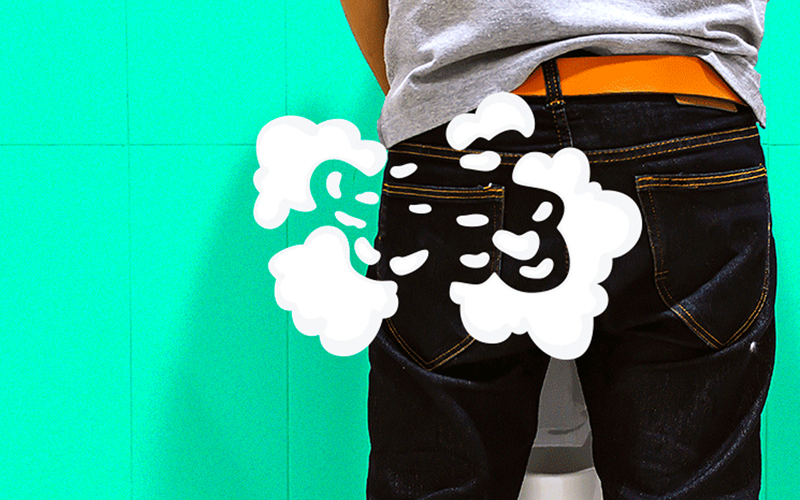
When you hold in gas, it builds up and can result in more intense and embarrassing releases. You may also experience painful abdominal muscle spasms each time you try to hold it in. Over time, this can increase the risk of diverticulitis, and in severe cases, a segment of the inflamed colon may need to be surgically removed.
As you can see, skipping these four essential functions can have far-reaching consequences for your health. The complications and long-term effects of these habits can be more challenging to treat and manage. Therefore, it is crucial to break these habits and prioritize your well-being to lead a healthier life.
>>
>>
>>


































